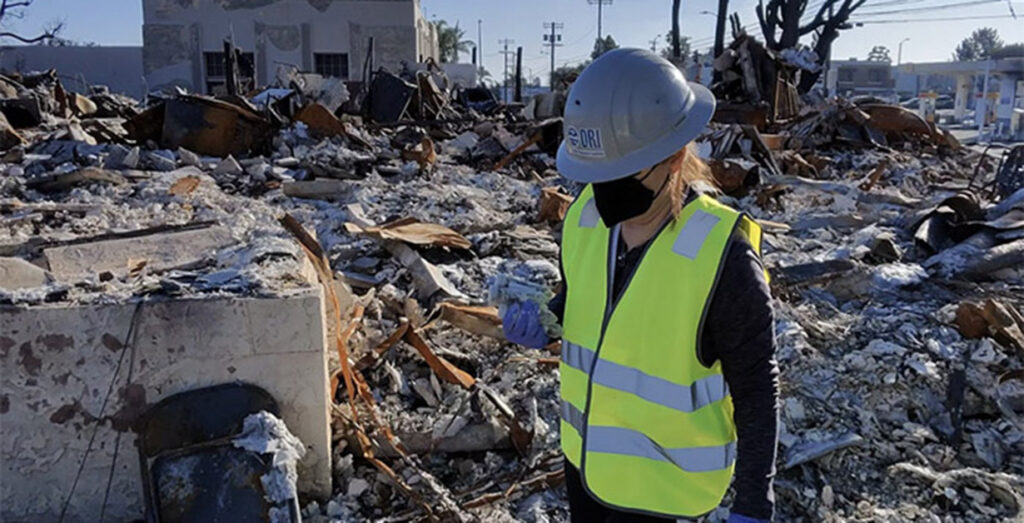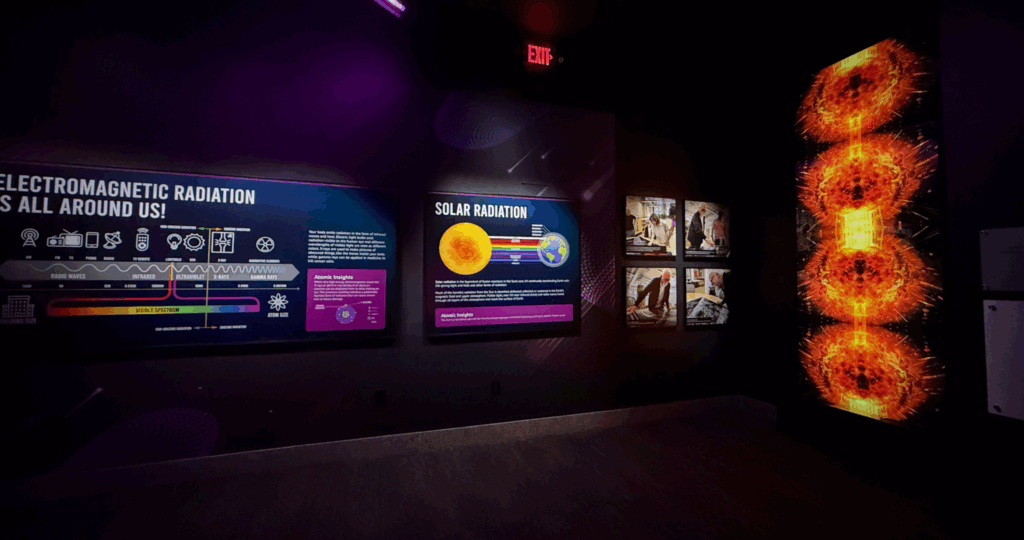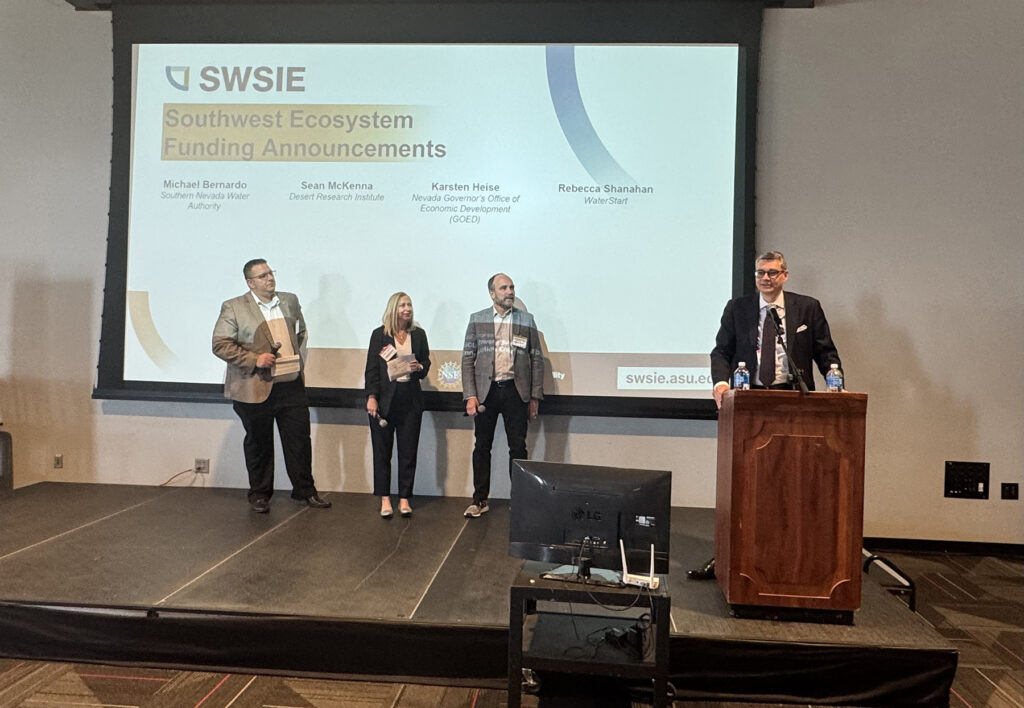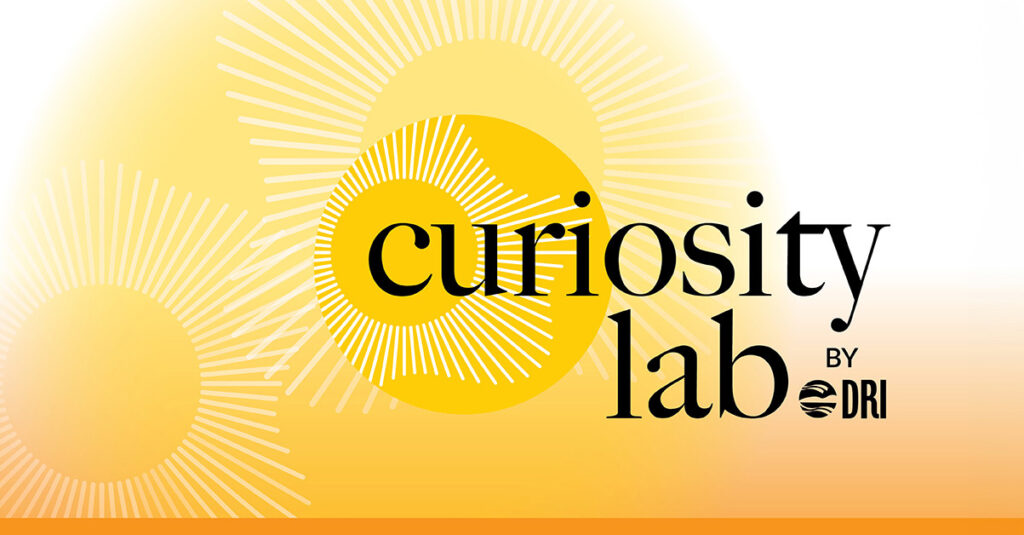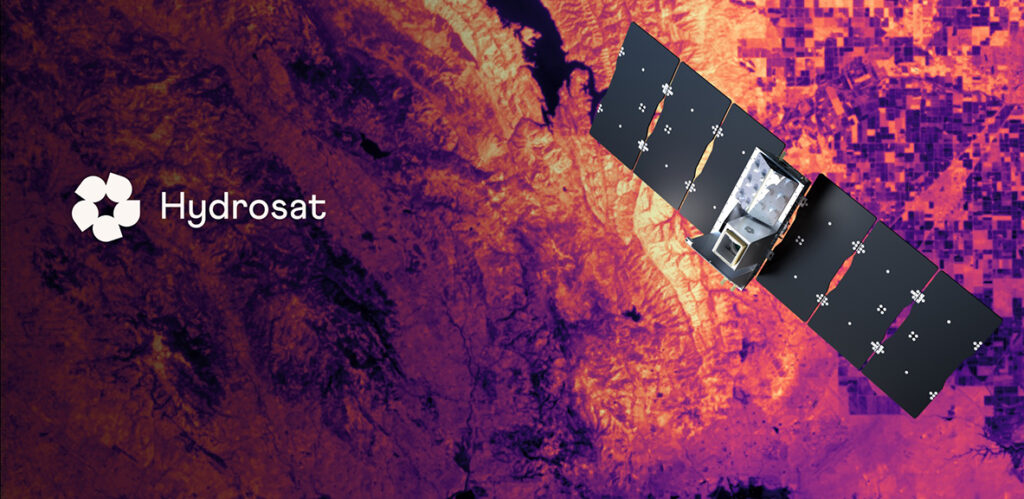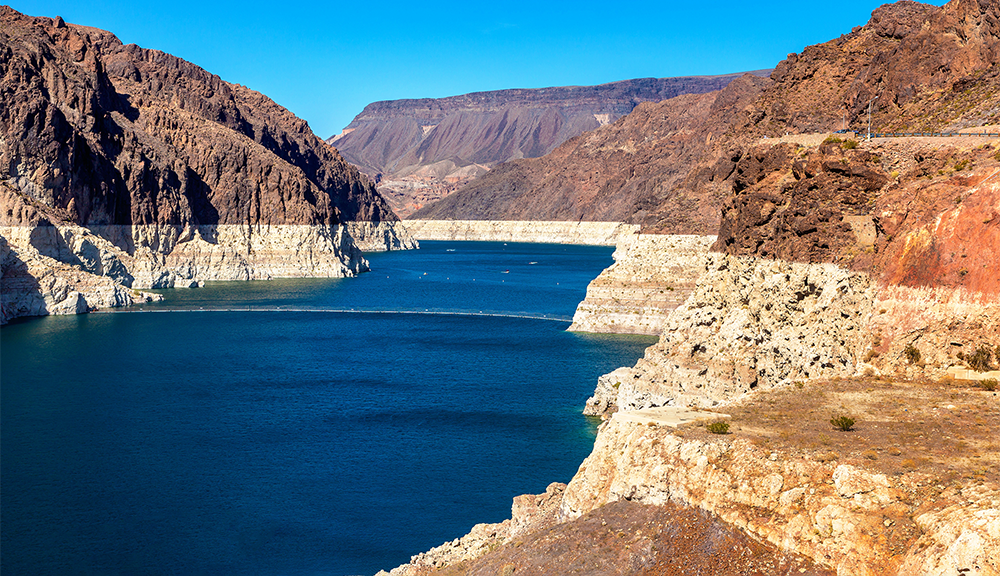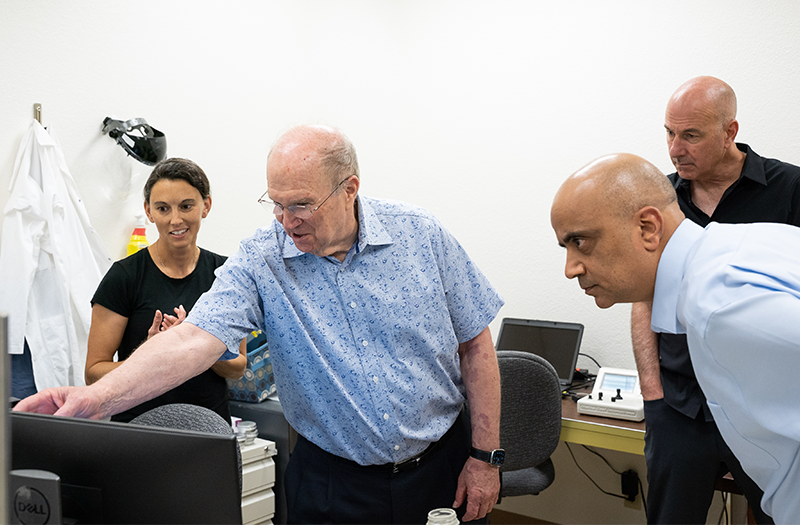The DRI Foundation Welcomes New Chair and Trustees for 2026
The DRI Foundation, the non-profit arm of DRI, is pleased to announce new members to its Board of Trustees. The DRI Foundation Board of Trustees work in close collaboration with DRI President Kumud Acharya and the Office of Advancement to engage and build relationships with new and existing supporters to further DRI’s work across Nevada and around the world.

